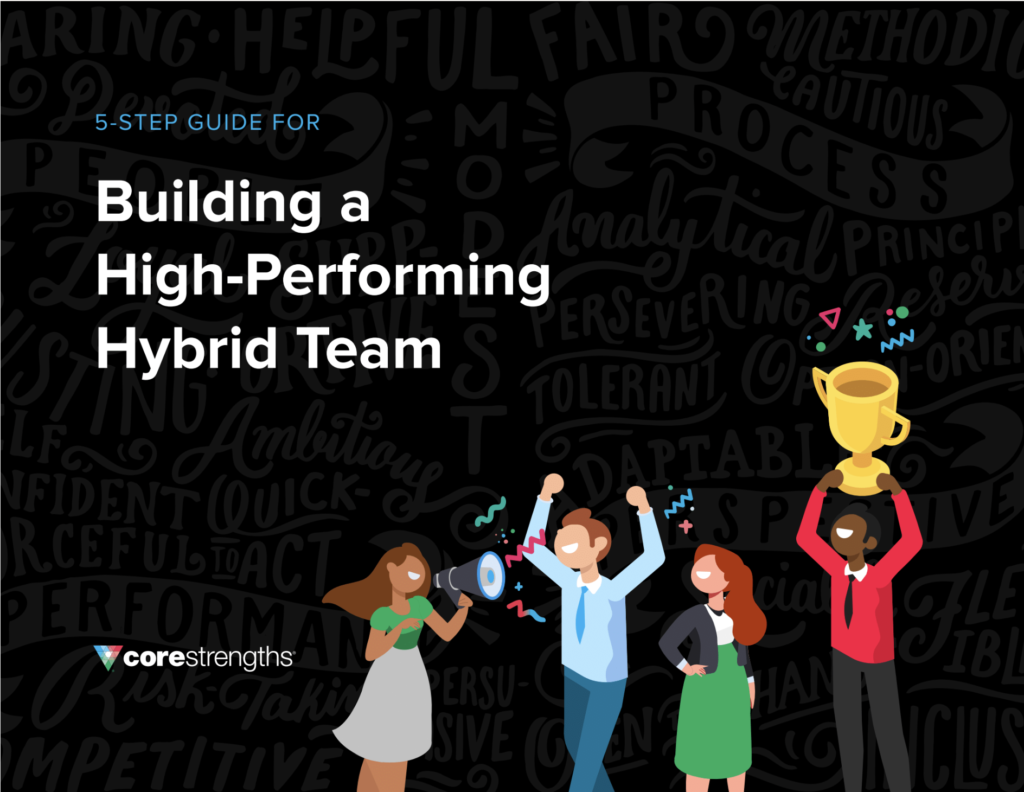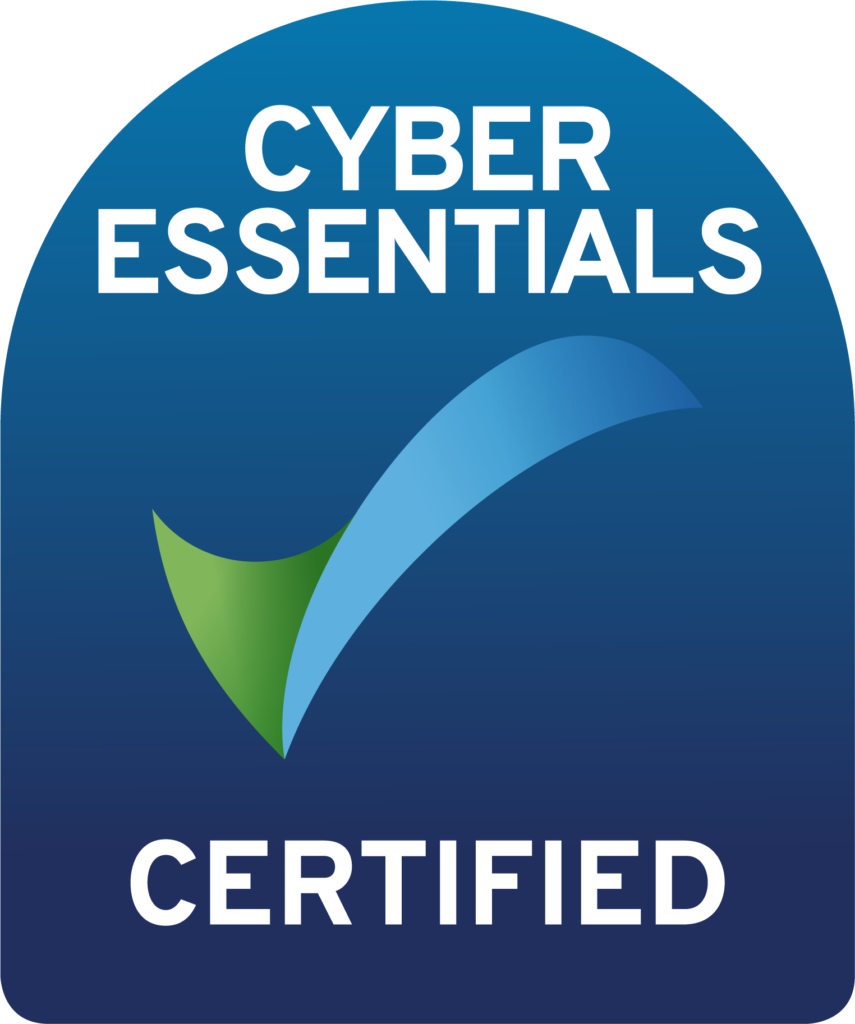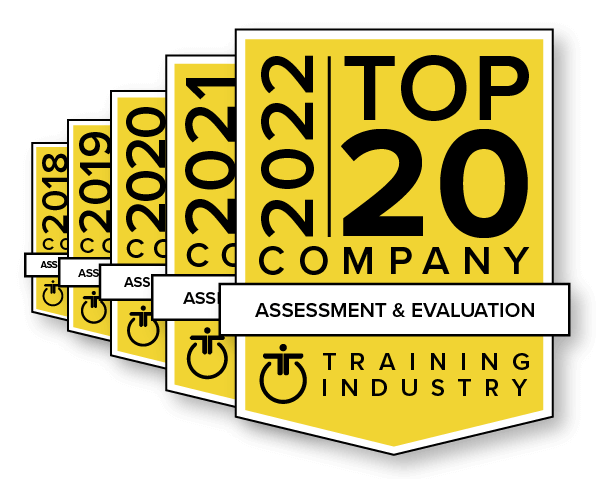Accountability Raises PsyCap
You might have a hard time saying that 10 times quickly, but that doesn’t make it any less true. It’s been proven by scholarship in the emerging field of positive organizational behavior, but it also reflects the experiences of anyone who has managed people for more than a few days. Just think about the times when you’ve had one of those grumpy, glass-half-empty folks on your team. An Eeyore isn’t very productive and tends to drag down the productivity of others, as well
What’s less well known, however, is how personal accountability creates more positive people—the kind of people you fight to have on your team. That’s because personal accountability improves your team’s PsyCap.
My team’s what? you ask.
Psychological capital, or PsyCap, is a relatively new term researcher coined when describing the benefits of positivity. Dr. Fred Luthans, the George Holmes Distinguished Professor of Management at the University of Nebraska-Lincoln, has identified four PsyCap components: self-efficacy, hope, optimism, and resilience.
Luthans and his fellow researchers believe people can develop these elements through brief training interventions. But what kind of training addresses all of these psychological constructs? Does it even exist? The answer is found in a familiar, yet unlikely, place: personal accountability. By developing the skill of accountability, we build PsyCap, which leads to healthier, more productive organizations.
Let’s examine the four elements of PsyCap through the lens of accountability:
- Self-efficacy is having confidence in your ability to get things done—even when the stakes are high. Accountable people get things done. They are able to choose the right strength at the right time to make it happen no matter what it may be.
- Hope is the capacity to persevere toward a goal. Accountable people are committed to their goals because they are clear about why the goals are important on a personal level. This creates a sense of ownership and makes the task at hand far more than an item on a daily “to do” list or an entry on the job description. Instead, the each task can become meaningful, and worthy of their best effort and diligence.
- Optimism is a belief that you will succeed now and in the future. Accountable people make realistic assessments of their situations, but remain optimistic because they know that they can target their behaviors in ways that increase the probability of success. They also know that there are different ways to reach their goals, so adjustments and course corrections are embraced as part of the process.
- Resiliency is the ability to recover and bounce back after setbacks. Accountable people know they have options, so there are always other avenues to pursue if an initial attempt falls short. And because they are anchored to the worthiness of the goal, they are willing to try different approaches until the job gets done—even if it means overcoming major obstacles.
Organizations can develop the skill of accountability and increase PsyCap in their employees. The best way to do this is through Core Strengths Accountability, a structured, but highly interactive, one-day workshop. This unique training combines two personalized assessments, the Strength Deployment Inventory (SDI) and Strengths Portrait, to create ownership and initiative—the indispensable elements of accountability.
What’s this new form of capital worth? Answer that question for yourself the next time you hear a colleague complaining about a lack of resources, poor products, or customers who just aren’t buying what your company is selling. Accountable people are confident, hopeful, optimistic, and resilient. And who wouldn’t want to be surrounded by these elite, highly capitalized folks?









